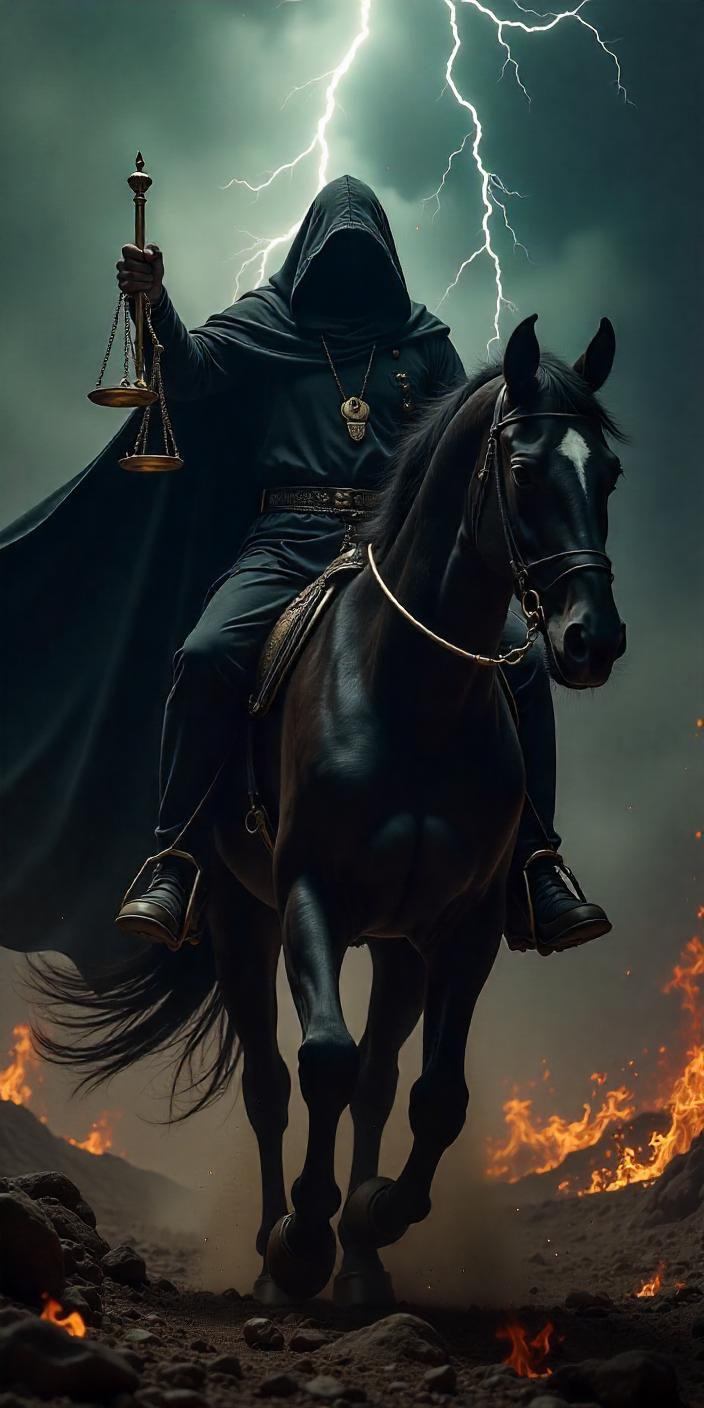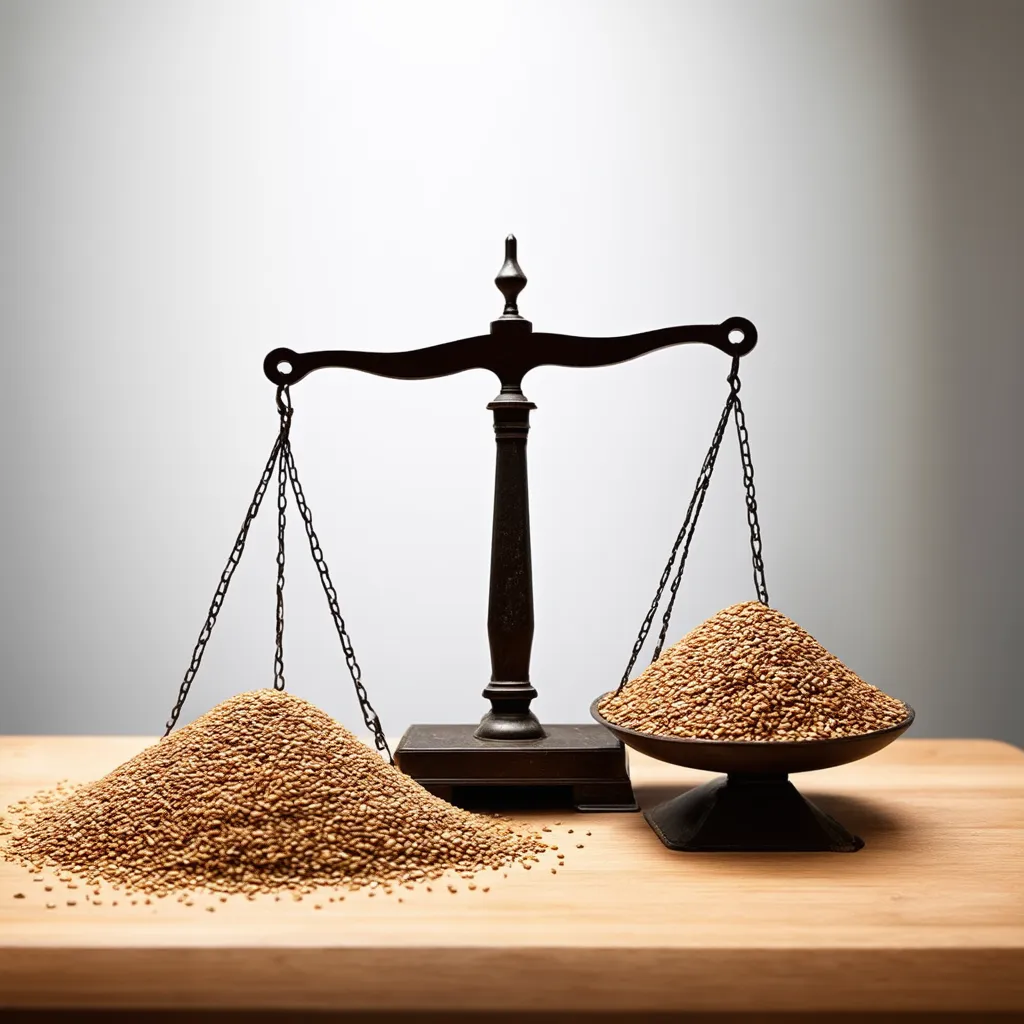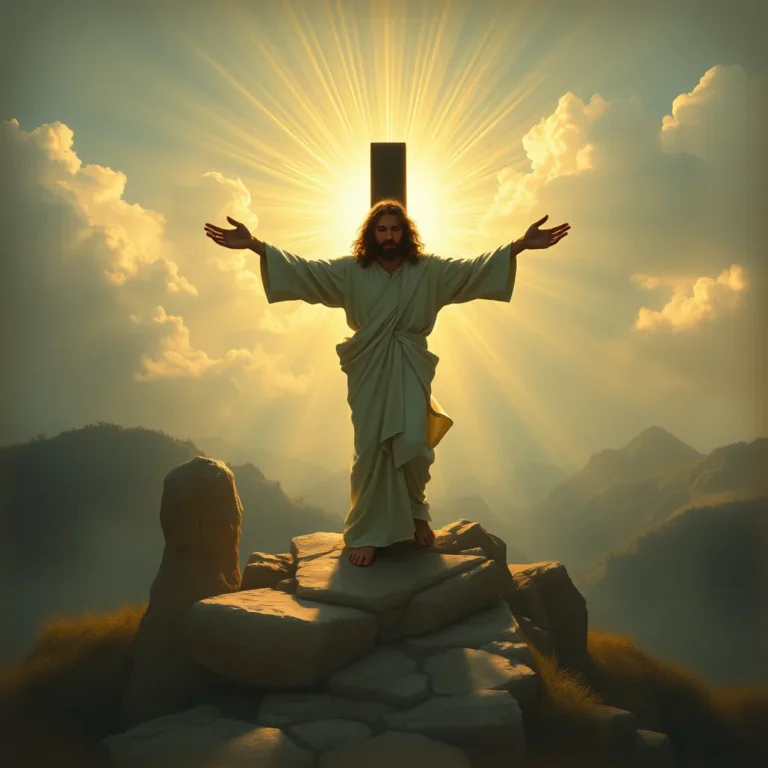
(*All Bible verses are from the NIV unless otherwise noted)
A rider on a black horse
A rider on a pale horse
Chapter 6:5-8
5 When the Lamb opened the third seal, I heard the third living creature say, “Come!” I looked, and there before me was a black horse! Its rider was holding a pair of scales in his hand.
6 Then I heard what sounded like a voice among the four living creatures, saying, “Two pounds of wheat for a day’s wages, and six pounds of barley for a day’s wages, and do not damage the oil and the wine!”
7 When the Lamb opened the fourth seal, I heard the voice of the fourth living creature say, “Come!”
8 I looked, and there before me was a pale horse! Its rider was named Death, and Hades was following close behind him. They were given power over a fourth of the earth to kill by sword, famine and plague, and by the wild beasts of the earth.
Rev 6:5
When the Lamb opened the third seal… there before me was a black horse! Its rider was holding a pair of scales in is hand:
Consider the general mood associated with the color black in the following verses:

1Kgs 18:45 Meanwhile, the sky grew black with clouds, the wind rose, a heavy rain started falling and Ahab rode off to Jezreel.
Job 3:5 May gloom and utter darkness claim it once more;may a cloud settle over it;may blackness overwhelm it.
Joel 2:2 …a day of darkness and gloom, a day of clouds and blackness. Like dawn spreading across the mountains a large and mighty army comes, such as never was in ancient times nor ever will be in ages to come.
The set of scales the rider is holding is also significant. The image of Lady Justice holding weight scales while blindfolded has long been a symbol of fairness in the nation’s courts. Statues of Blind Justice can be found outside courthouses across the United States and other countries. The image of weight scales can be found throughout the Bible:
Lev 19:36 Use honest scales and honest weights, an honest ephah and an honest hin. I am the LORD your God, who brought you out of Egypt.
Isa 46:6 Some pour out gold from their bags and weigh out silver on the scales; they hire a goldsmith to make it into a god,and they bow down and worship it.
Dan 5:27 Tekel: You have been weighed on the scales and found wanting.
The rider on the black horse symbolizes the judgment upon a rebellious world that’s to come. It also represents the ultimate consequences that a society must face when plagued with greed, theft, murder, dishonesty, and a lack of concern for the well-being of others.
Rev 6:6
Two pounds of wheat for a day’s wages, and six pounds of barley for a day’s wages:
The ESV translates verse 6, as, “A quart of wheat for a denarius…” The Greek term choinix is used here, which was a dry measure equaling less than a quart1. It was the amount of food sufficient to support a man for a day2. A denarion (“containing ten”) was a Roman coin in the time of the Apostles, worth about 15 cents3.
From Jesus’ parable of the laborers in the vineyard, it would seem that a denarion was about an average day’s pay for a laborer (Matthew 20:2-13). A quart of wheat costing a full day’s wage would indicate very high food prices.
The scene John is seeing is one of poverty and famine, conditions that all too often follow in the wake of injustice and greed:

Amos 8:4 Hear this, you who trample the needy and do away with the poor of the land, saying, “When will the New Moon be over that we may sell grain, and the Sabbath be ended that we may market wheat?”— skimping on the measure, boosting the price and cheating with dishonest scales, 6 buying the poor with silver and the needy for a pair of sandals, selling even the sweepings with the wheat.
Bread and wheat have been used to symbolize spiritual food:
Amos 8:11 The days are coming,” declares the Sovereign LORD, “when I will send a famine through the land—not a famine of food or a thirst for water, but a famine of hearing the words of the LORD.”
Isa 30:20 Although the Lord gives you the bread of adversity and the water of affliction, your teachers will be hidden no more; with your own eyes you will see them.
Isa 55:2 Why spend money on what is not bread, and your labor on what does not satisfy? Listen, listen to me, and eat what is good, and you will delight in the richest of fare.
John 6:33 For the bread of God is the bread that comes down from heaven and gives life to the world.”
Rev 6:6
And do not damage the oil and the wine!

In a literal sense, oil and wine are not necessary for survival but are luxuries enjoyed by those who can afford them. Oil and wine are also used as symbols:
As a sacrifice to God:
Num 18:12 “I give you all the finest olive oil and all the finest new wine and grain they give the LORD as the firstfruits of their harvest.
As symbols of spiritual life:
Ps 104:15 wine that gladdens human hearts, oil to make their faces shine, and bread that sustains their hearts.
Symbols of Christ’s sacrifice:
Matt 26:27 And having taken a cup and given-thanks, He gave it to them, saying, “Drink from it, everyone. 28 For this is My blood of [b] the covenant— the blood being poured-out for many for forgiveness of sins.
Symbolically restraining the rider from harming the “oil” and “wine” is an injunction against harming the spiritual means of grace (oil) and the “bread of life,” which is Christ in us. Although various heresies, such as Gnosticism and Arianism, attacked the early church, the truth of the Gospel message of Jesus’ birth, death, and resurrection has flourished through the ages.
Rev 6:7-8
When the Lamb opened the fourth seal…I looked, and there before me was a pale horse! Its rider was named Death, and Hades was following close behind him:
This horse carries the pale greenish hue of sickness and, death (thanatos), referring to the separation of the soul from the body, ending life on earth4. Hades, the unseen place of departed souls, follows closely. Jesus promised Peter that not even death would prevail against believers:
Matt 16:18 And I tell you that you are Peter, and on this rock I will build my church, and the gates of Hades will not overcome it.

Review the concepts of Sheol, hades, and hell discussed in Rev 1:18:
- Sheol: Hebrew, meaning the world of the dead; “The valley [of the sons of] Hinnom,” a valley on the southwest side of Jerusalem used as a refuse dump.
The concept of “hell” as an eternal punishment of the wicked, is often confused with “hades”, meaning the abode of the dead. In a literal sense, John is shown the dark reality that death and the grave always follow in the wake of conquest, war, and rebellion. In much the same way, the spirit of a person walking in sin suffers loss; the death of relationships and loss of faith and hope. Anyone who continues to function in self-gratification at the expense of others becomes a slave to a destructive lifestyle:
John 8:34 Jesus replied, “Very truly I tell you, everyone who sins is a slave to sin.
Acts 8:23 For I see that you are full of bitterness and captive to sin.”
Acts 13:38 38 “Therefore, my friends, I want you to know that through Jesus the forgiveness of sins is proclaimed to you. 39 Through him everyone who believes is set free from every sin, a justification you were not able to obtain under the law of Moses.
Rom 6:6 For we know that our old self was crucified with him so that the body ruled by sin might be done away with, that we should no longer be slaves to sin—
Rom 8:10 But if Christ is in you, then even though your body is subject to death because of sin, the Spirit gives life because of righteousness.
Rev 6:8
They were given power over a fourth of the earth to kill by sword, famine and plague, and by the wild beasts of the earth:
This fourth seal carries with it a terrible finality. The arrival of these four horsemen can be compared to God’s warnings to ancient Israel:
Ezek 5:17 I will send famine and wild beasts against you, and they will leave you childless. Plague and bloodshed will sweep through you, and I will bring the sword against you. I the LORD have spoken.”
Ezek 14:21 “For this is what the Sovereign LORD says: How much worse will it be when I send against Jerusalem my four dreadful judgments—sword and famine and wild beasts and plague—to kill its men and their animals!
Lev 26:22-26 22I will send wild animals against you, and they will rob you of your children, destroy your cattle and make you so few in number that your roads will be deserted. 23“ ‘If in spite of these things you do not accept my correction but continue to be hostile toward me, 24I myself will be hostile toward you and will afflict you for your sins seven times over. 25And I will bring the sword on you to avenge the breaking of the covenant. When you withdraw into your cities, I will send a plague among you, and you will be given into enemy hands. 26When I cut off your supply of bread, ten women will be able to bake your bread in one oven, and they will dole out the bread by weight. You will eat, but you will not be satisfied.
Jer 50:39 “So desert creatures and hyenas will live there,and there the owl will dwell.It will never again be inhabitedor lived in from generation to generation.
The ancient Jewish historian Josephus witnessed firsthand the devastation caused by Roman armies laying siege to Jerusalem in 70 AD5. The historian Edward Gibbon (1737-1794), writing about the decline of the Roman Empire, observed:
“From the great secular games celebrated by Philip to the death of the emperor Gallienus, there elapsed twenty years of shame and misfortune. During this calamitous period every instant of time was marked, every province of the Roman world was afflicted by barbarous invaders and military tyrants, and the ruined empire seemed to approach the last and fatal moment of its dissolution.6
These are just two examples of the countless scenes of destruction replayed throughout history, caused by man’s disregard of the gospel message of compassion and love.

On a worldwide scale, history is rife with continual wars of conquest and destruction.
- On a personal level, the results are much the same. If a husband and wife can’t learn to put the other’s welfare above their own, the results are bitterness, hurt, and betrayal.
- If a person in business chooses to cheat and steal, the results are the same – lies, loss, and duplicity.
- A student in school can choose to gossip, bully, or harass, and the outcome remains the same!
Through a prophecy, the saints in Jerusalem were warned to flee to the mountain regions of Pella to escape the carnage of Titus’ destruction of Jerusalem7. In the same way, the Holy Spirit counsels all believers to seek spiritual safety in the peace and harmony that can only be attained through selflessness and compassion, even in the face of adversity.
Footnotes
- Choinix: Strong’s G5518. ↩︎
- Denarion: Smith’s Bible Dictionary. ↩︎
- Denarion: Strong’s G1220. ↩︎
- Thanatos, death, Strong’s G2288. ↩︎
- Josephus, War of the Jews, Books 5-6, https://sacred-texts.com/jud/josephus/#woj. ↩︎
- Gibbon, Edward, The Decline and Fall of the Roman Empire, Chapter 10, page 1, https://ccel.org/g/gibbon/decline/volume1/chap10.htm. ↩︎
- Eusebius, History of the Church, Book 3, paragraph 5: But the people of the church in Jerusalem had been commanded by a revelation, vouchsafed to approved men there before the war, to leave the city and to dwell in a certain town of Perea called Pella. And when those that believed in Christ had come there from Jerusalem, then, as if the royal city of the Jews and the whole land of Judea were entirely destitute of holy men, the judgment of God at length overtook those who had committed such outrages against Christ and his apostles and totally destroyed that generation of impious men. ↩︎
*All Scripture quotations, unless otherwise indicated, are taken from the Holy Bible, New International Version®, NIV®. Copyright ©1973, 1978, 1984, 2011 by Biblica, Inc.™ Used by permission of Zondervan. All rights reserved worldwide. www.zondervan.comThe “NIV” and “New International Version” are trademarks registered in the United States Patent and Trademark Office by Biblica, Inc.™





